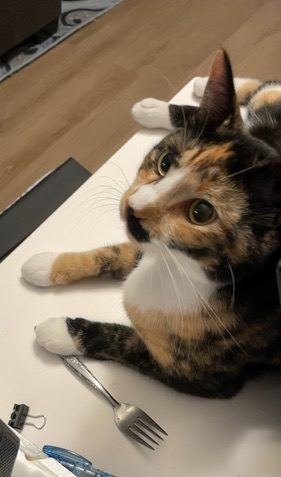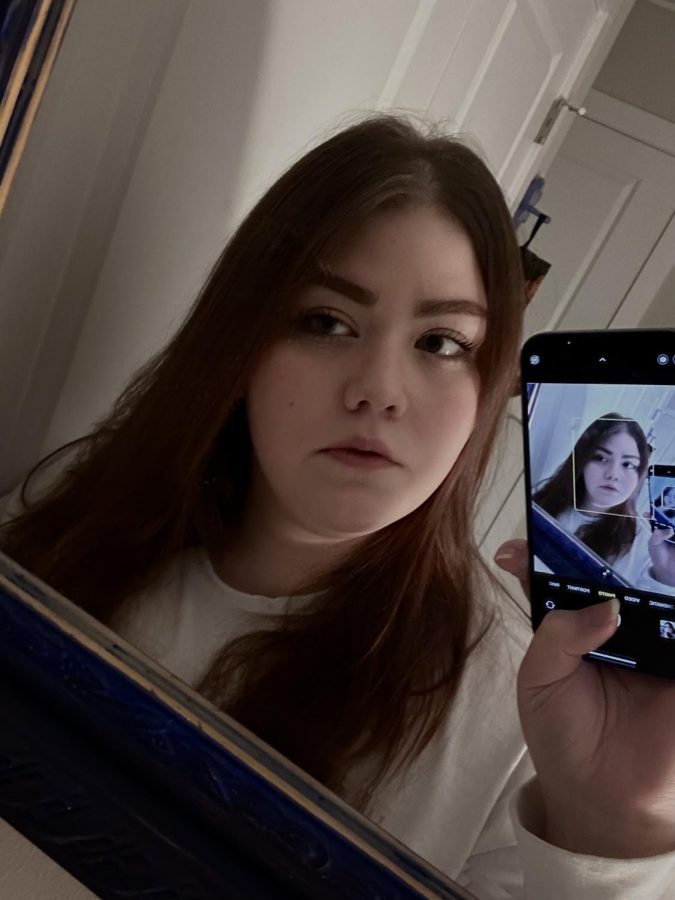Facebook’s change in its terms of use caused a lot of stir in the media last week, and for good reason.
The new terms would have allowed the social networking giant keep any content produced by users, such as photos and blog posts, even if someone deletes their profile.
At first glance, it seems like this would only be a problem for conspiracy theorists who are worried about a secret world government keeping tabs on them, or some such nonsense. Looking deeper though, this is something that could hurt anyone who puts their creative work on their profile.
By the time this column runs, I plan on deleting all of the photography I’ve posted on my profile. I’ve used my Facebook page to keep in touch with friends, but also as a public portfolio for something I plan on making a career from. I intend to keep all the rights to reproduce and sell my work. I don’t want anyone using my work for profit or posting my photos except myself.
It seems like a hasty move, since Facebook has reverted back to its old terms of service, but after reviewing them again, it still doesn’t seem like users have complete control over the content they’ve created and posted. I don’t want to run that risk, and neither should anyone who creates images or words for the world to see.
The current terms, and I’d imagine the new ones, are littered with legal jargon that will put you to sleep faster than an IU Board of Trustees meeting. But the terms are still important enough for artists of all kinds to review carefully. For a really good breakdown of the old terms, check out www.legalandrew.com’s article, “Facebook Isn’t Private, and Seven Other Things You Should Know.” He gives good explanations about what the terms of use really mean.
In the fourth part of the article, he talks about the rights a user gives up when they post anything on the Web site.
Facebook assumes the right to use anyone’s content any way it sees fit, including in advertising. They don’t have to notify or pay the creator before using their work.
If Facebook has already used any of my work in promotional materials or anything else, that’s my own fault for not reading the fine print a little more carefully.
However, I’ve learned my lesson about keeping ownership of my own material and control over how it’s used.
In some ways, it might seem cool to have a user’s photo in an advertisement for Facebook or some other major company. But if the creator doesn’t even get credit, much less money, for their creation, that hardly seems fair for a company to claim that work as their own intellectual property.
Plagiarism seems like something professors preach to make research papers more painful, but consider Facebook and the rights of what you’ve created. It could be just as painful to have your work stolen, even if you did click the “I Agree” button. The difference is you willingly forfeited your rights.
By JEROD CLAPP
Señior Editor
jlclapp@ius.edu






